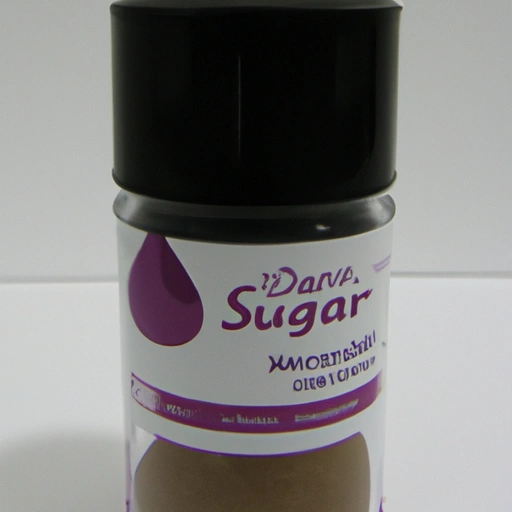Date Sugar
Description

Date sugar is a natural sweetener derived from dehydrated and finely ground dates. It retains the fruit's rich flavor, making it a popular substitute for refined sugars in cooking and baking. Date sugar can be measured in a variety of units to suit recipes from any cuisine, including teaspoons (tsp), tablespoons (tbsp), cups (US and metric), ounces (oz), and grams (g). For example, 1 cup of date sugar is equivalent to approximately 200 g or 7 oz. It's important to note that date sugar does not dissolve like traditional sugar, which may affect the texture of certain recipes.
Common uses
Date sugar is commonly used as a direct substitute for brown sugar or white sugar. It's often employed in the preparation of desserts, baked goods, and as a topping for oatmeal and other cereals. Additionally, it can be used to sweeten beverages such as coffee and tea.
Nutritional value
Calories
A tablespoon of date sugar contains approximately 20 calories (83.68 kilojoules).
Protein
Date sugar provides a negligible amount of protein, typically less than 1 gram per serving.
Fat
This sweetener is virtually fat-free, with only trace amounts found in a standard serving.
Carbohydrates
In one tablespoon, date sugar has about 5 grams of carbohydrates, mainly from natural sugars and dietary fiber.
Vitamins
Date sugar contains small amounts of B-vitamins, particularly B6, niacin, and pantothenic acid.
Minerals
It is a good source of minerals such as potassium, magnesium, and manganese, which are essential for overall health.
Health benefits
Date sugar, being less processed than refined sugar, retains more of the fruit's natural nutrients, including fiber, which can aid in digestion. Its mineral content supports various bodily functions, and its lower glycemic index makes it a better option for blood sugar management compared to refined sugars.
Potential risks
While date sugar is a healthier alternative, it is still a form of sugar and should be consumed in moderation. Overconsumption may contribute to weight gain and dental issues. Those with fructose intolerance should also consume date sugar cautiously.
Common recipes
Date sugar is versatile in recipes such as cakes, cookies, muffins, pies, and energy bars. It can also be used in savory dishes to add a touch of sweetness.
Cooking methods
While it doesn't dissolve well in liquid, date sugar can be used in baked goods and can be sprinkled on top of dishes for added flavor and texture.
Pairing with other ingredients
Date sugar pairs well with warm spices like cinnamon, nutmeg, ginger, and cardamom, as well as nuts, chocolate, and fruit-based dishes.
Summary
Date sugar is a wholesome, natural sweetener with a rich history and a variety of culinary applications. Suitable for sweet and savory dishes, it offers nutritional benefits and a distinct flavor that makes it a favorite in kitchens around the world.